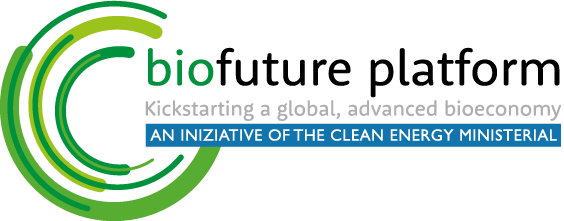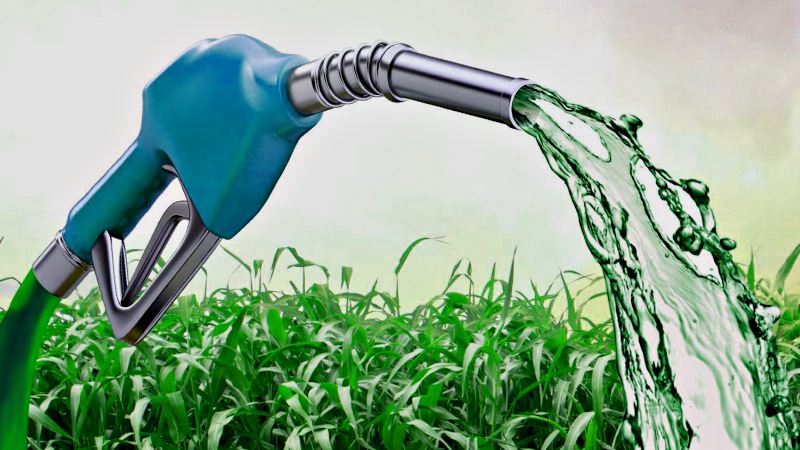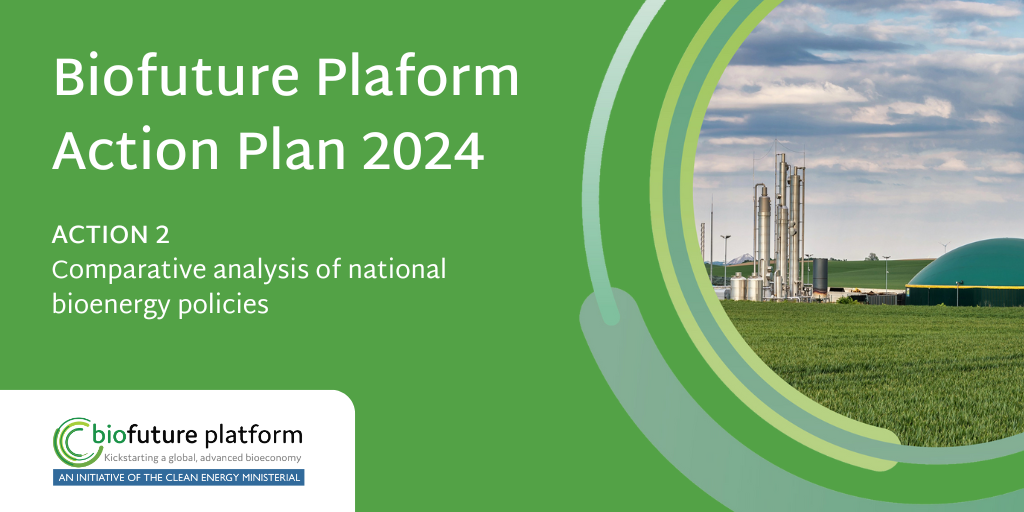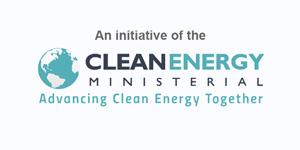On Abril 27th, the final step for the full operationalization of Brazil´s National Biofuels Policy (RenovaBio) was taken, as decarbonization credits (CBIO) start being sold in the Brazilian stock exchange. From today, certified biofuel producers will be able to sell this tradable certificate, with each unit corresponding to a total savings of one ton of carbon dioxide equivalent (CO2 eq) in comparison to fossil fuel emissions. Fossil fuel distributors in Brazil, which have compulsory annual carbon emissions reduction targets to be met, are the primary buyers of the CBIO. Imported biofuels can also benefit from the scheme.
Instated by law in 2017, the program implementation has proceeded according to schedule. Close to 200 production units have been certified with carbon life cycle and sustainability criteria scores, and biofuel producers have been authorized to issue CBIOs starting in January 2020, the year when fossil fuel distributors will also have to start complying with yearly targets for transport fuel matrix carbon intensity reduction.
The RenovaBio program is an important step to implement Brazil´s commitment under the Biofuture Platform to put in place the right set of measures to scale up sustainable bioenergy and promote low carbon solutions in the transport sector. It is a key example of practical, national-level implementation of the 2017 Biofuture Vision Declaration, endorsed by 19 Member Countries of the Biofuture Platform, as well as of the objectives set out in the Platform´s Governance Framework, adopted in late 2018.
According to Brazil’s Ministry of Mines and Energy, the RenovaBio program is expected to provide consumers with more sustainable fuel choices, foster the continued diversification of Brazil´s energy matrix, and promote investment in more efficient and lower carbon feedstock production and conversion processes.
For producers, RenovaBio gains even more importance in the context of the challenges currently faced by biofuel producers with the COVID-19 pandemic and the reduction of fuel consumption, as it provides an additional income for their services to the environment. For consumers, the environmental gains from the reduction of fossil fuels consumption, which has made skies bluer across the globe, demonstrate the need for permanent solutions that benefit the entire society.
In that regard, besides the CO2 emissions reduction over fossil fuels, ethanol, in mid-level mixes with gasoline, has been found in Brazil to have a role to play in reducing local air pollution, especially by substantially reducing exhaust pipe emissions of suspended particulate matter (PM2.5). PM2.5 is considered an aggravating factor for respiratory diseases.





